In those years, under the sweeping tide of the golden football era, the Chinese football transfer market fell into a frenzy. For a time, money and momentum became the absolute dominant factors in the domestic football transfer market, with some player transfers being hyped up to astonishingly high prices like rockets.
Nowadays, when we look back at the top ten expensive transfers of local Chinese players during the golden age of Chinese football with a calm and rational perspective, the outrageous degree is truly one after another!
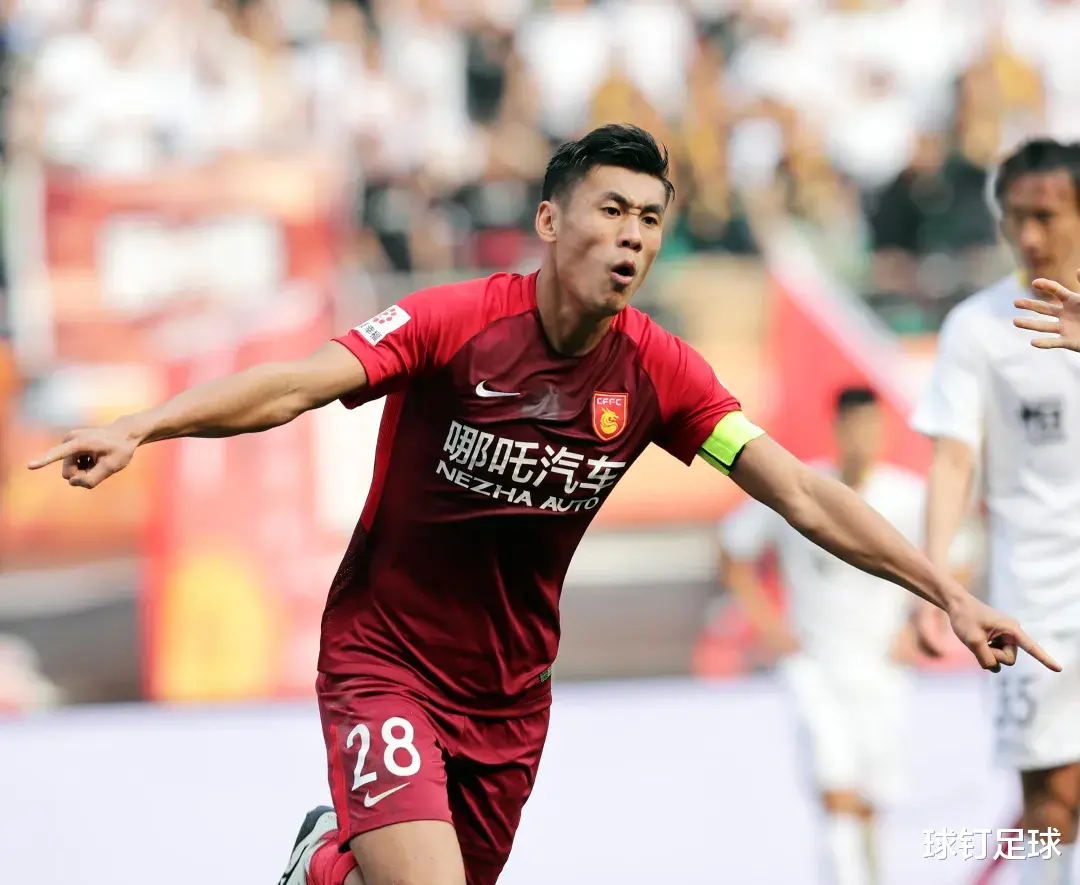
- Zhang Wenzhao
In 2016, Zhang Wenzhao transferred from Shandong Luneng to Guangzhou Evergrande for an astonishing fee of 75 million yuan, which was highly anticipated at the time. However, Zhang Wenzhao failed to become a regular starter at Evergrande and was loaned to Beijing Renhe twice.
- Bi Jinzhao
In January 2016, Bi Jinzhao joined Shanghai Shenhua from Henan Jianye for a transfer fee of 80 million yuan, surprising many. At the age of 25, Bi Jinzhao, with his height of 1.9 meters, was highly regarded by various teams. After joining Shenhua, he successfully won the FA Cup titles in 2017 and 2019, reaching the peak of his career with a peak transfer market value of 400,000 euros.
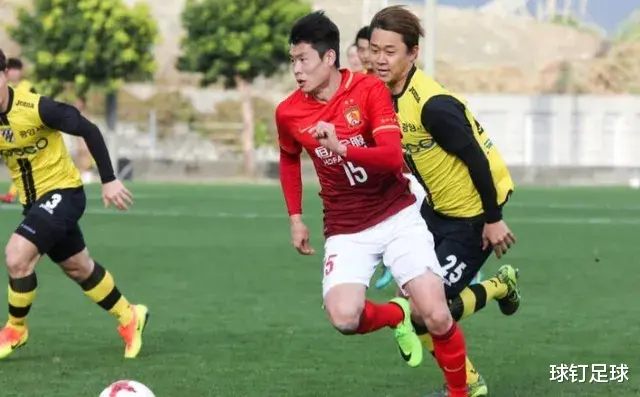
- Ren Hang
In January 2017, Hebei China Fortune signed national-level defender Ren Hang from Jiangsu Suning for a staggering transfer fee of 80 million yuan, which sparked widespread discussion among fans. Ren Hang's unsuccessful contract renewal with Suning once attracted attention from all sides. After an early termination of the contract, he joined the big-spending team Hebei China Fortune and remained a key player, even wearing the captain's armband.
- Jin Yangyang
It is said that Evergrande is the pioneer of the Super League's golden age, but when it comes to competing for local players, Hebei China Fortune has reached new heights. As a latecomer in the golden age, facing the golden competition among various teams at that time, Hebei China Fortune completed a significant transfer in February 2016, demonstrating their financial capabilities.

In February 2016, Jin Yangyang joined Hebei China Fortune from Guangzhou R&F for a transfer fee of 80 million yuan. At that time, this 1.92-meter-tall U23 defender was considered a promising talent who could become a national player in the future due to his excellent physical qualities and defensive abilities.
However, despite his high transfer fee, Jin Yangyang's career has not been smooth sailing. After joining Hebei China Fortune, his performance fluctuated, and he was unable to play for the national team. He later played for Shanghai Shenhua, Tianjin Tigers, and West Coast, and is now 31 years old.
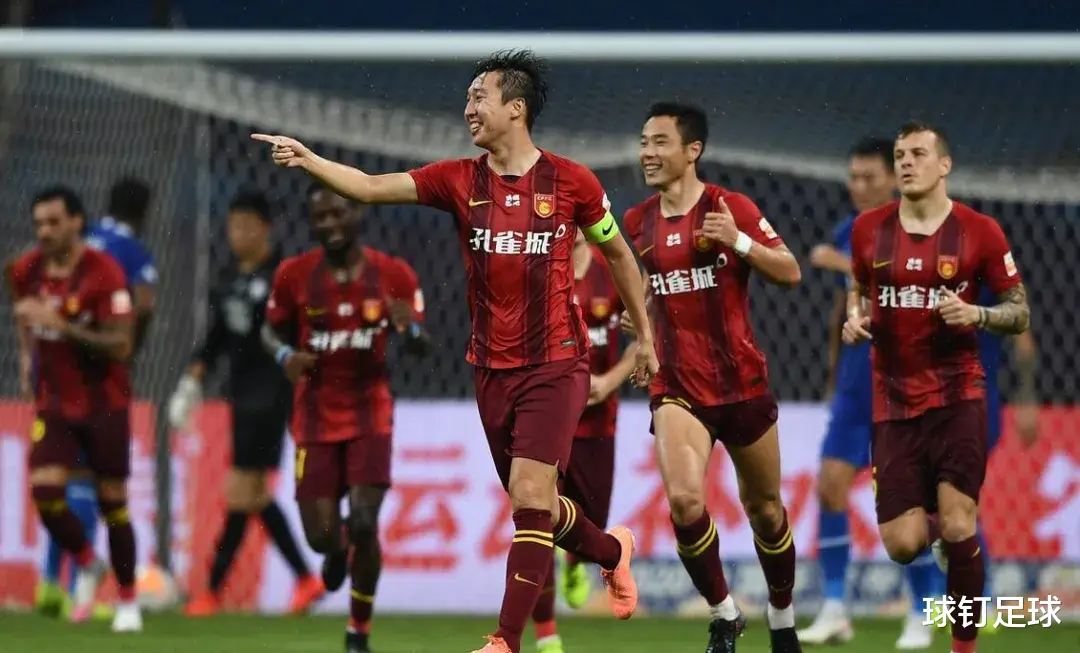
- Zhao Mingjian
It's no mistake; it's still Hebei China Fortune. In 2016-2017, this club could attract the attention of domestic and international fans in every transfer window, not only because they brought in foreign players but also because they were willing to spend big money on signing a local player.
In February 2017, Hebei China Fortune signed Zhao Mingjian from Shandong Luneng Taishan, with a reported transfer fee of 80 million yuan, equivalent to 10.9 million euros on the transfermarkt.
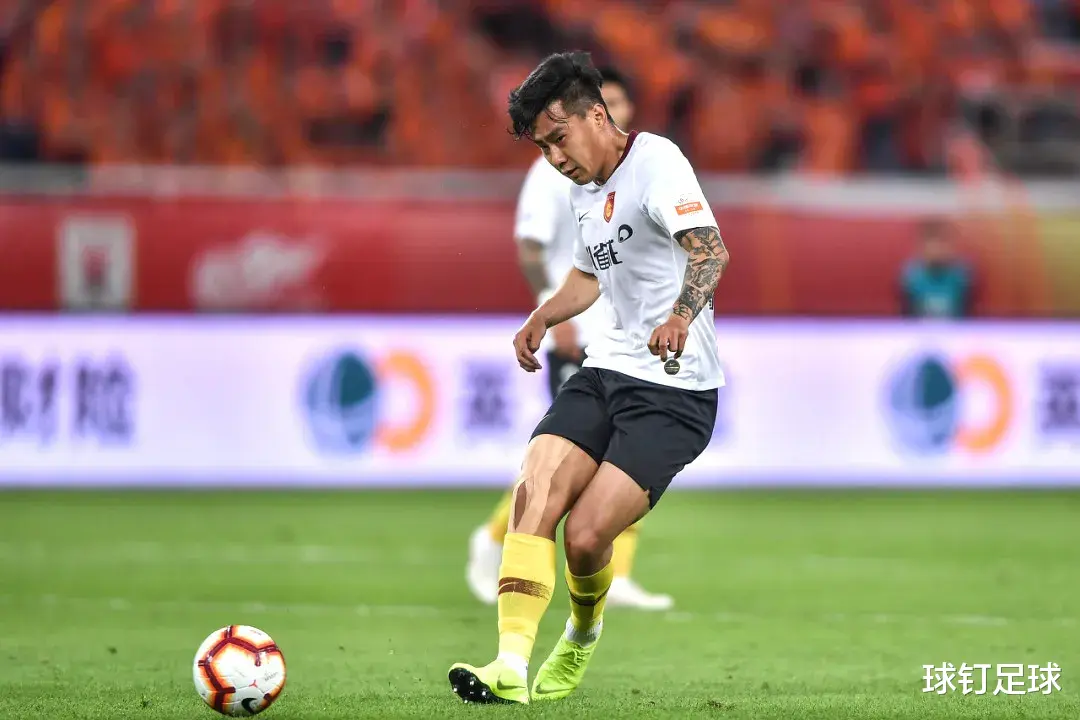
However, there were also rumors at the time that the actual transfer fee reached an unprecedented 180 million yuan! Regardless of which figure is correct, it reflects the madness of the golden age of the Super League. To sign a starting national-level player in the Super League, one must at least prepare a budget of tens of millions.
- Cui Min
Shenzhen FC has already left the historical stage, largely due to the club's past spending difficulties.
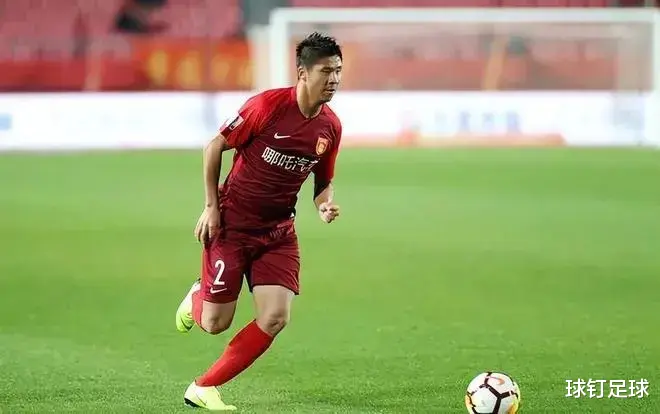
In the 2016 season, after Jiaoye took over, the team was renamed Shenzhen FC. In the 2017 China League One season, despite inviting world-renowned coach Eriksson, they failed to achieve promotion.
In January 2017, the club signed Cui Min, the main defender of Yanbian Fude, for 85 million yuan, which can be considered the first major domestic transfer after Jiaoye took over. This also meant that Shenzhen FC participated in the wave of the golden age of the Super League, foreshadowing the end of their departure.
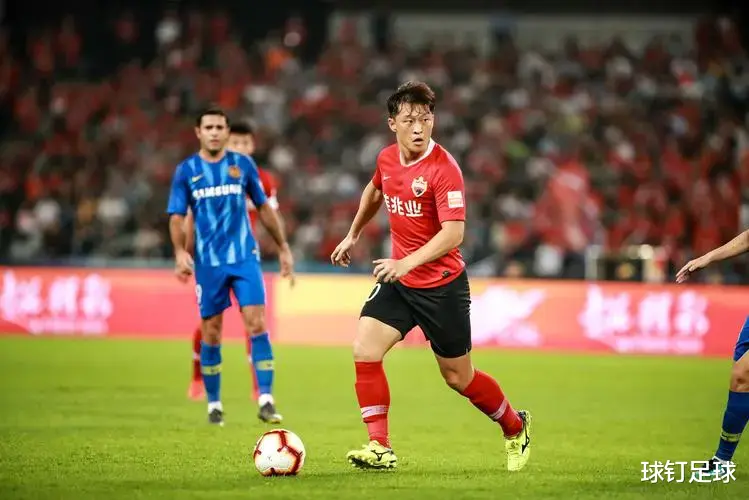
- Wang Yongpo
As a member of the 1987 generation, Wang Yongpo had played 234 games for Luneng in 18 years and became a national team player at the age of 22 after his debut. Naturally, the then thirty-year-old "Wang Rooney" attracted the attention of various clubs' wealthy owners.
In February 2017, the financially powerful Tianjin Quanjian signed Wang Yongpo from Shandong Luneng Taishan for a transfer fee of 90 million yuan. After joining the team, Wang Yongpo remained a key player, playing 74 games in two and a half years, scoring 7 goals and providing 21 assists.
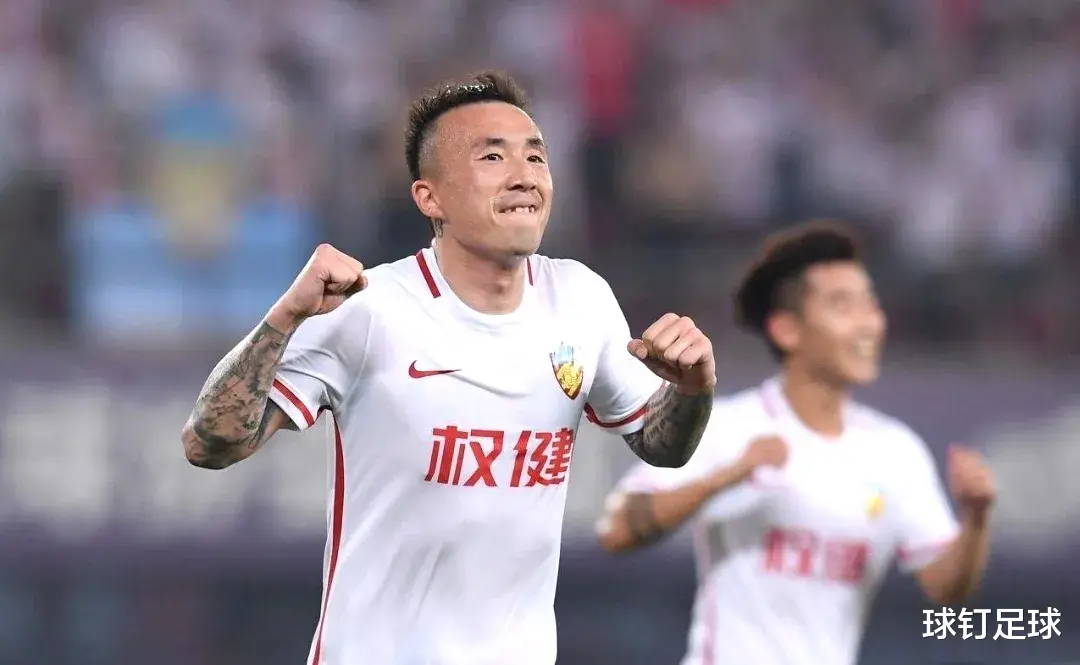
- Zhang Chenglin
It is estimated that many people have almost forgotten this transfer. On November 29, 2016, Guangzhou Evergrande officially announced that Beijing Renhe player Zhang Chenglin would join the team.
Although both parties did not disclose the exact transfer fee, the most popular transfer fee at that time was 120 million yuan! Undoubtedly, this was a new high in the transfer fees of local Chinese players at that time.
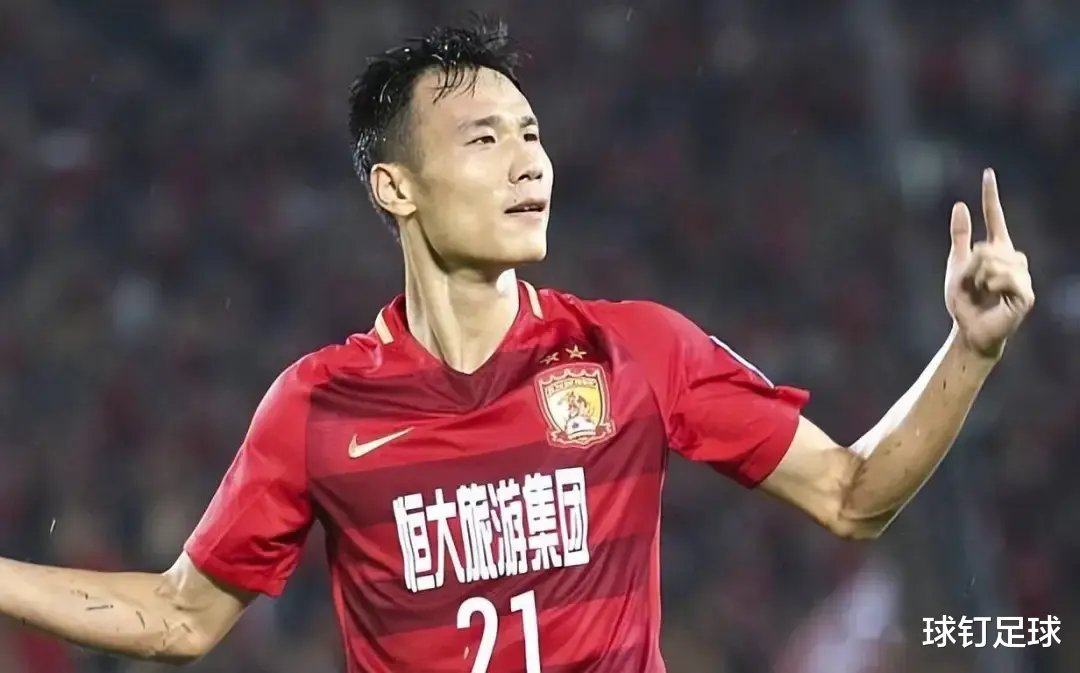
As a former national-level player, Zhang Chenglin, who plays as a defender, has good personal skills, but 120 million is really too exaggerated. With the title of "Mr. Billion," Zhang Chenglin did not become a regular starter at Evergrande, and his personal performance was not satisfactory. However, he still won the Chinese Super League championship and the Super Cup championship with the team.
- Zhao Yuhao
In January 2017, Hebei China Fortune signed Zhao Yuhao from Hangzhou Greentown for 130 million yuan, shocking fans once again with the high transfer fee.
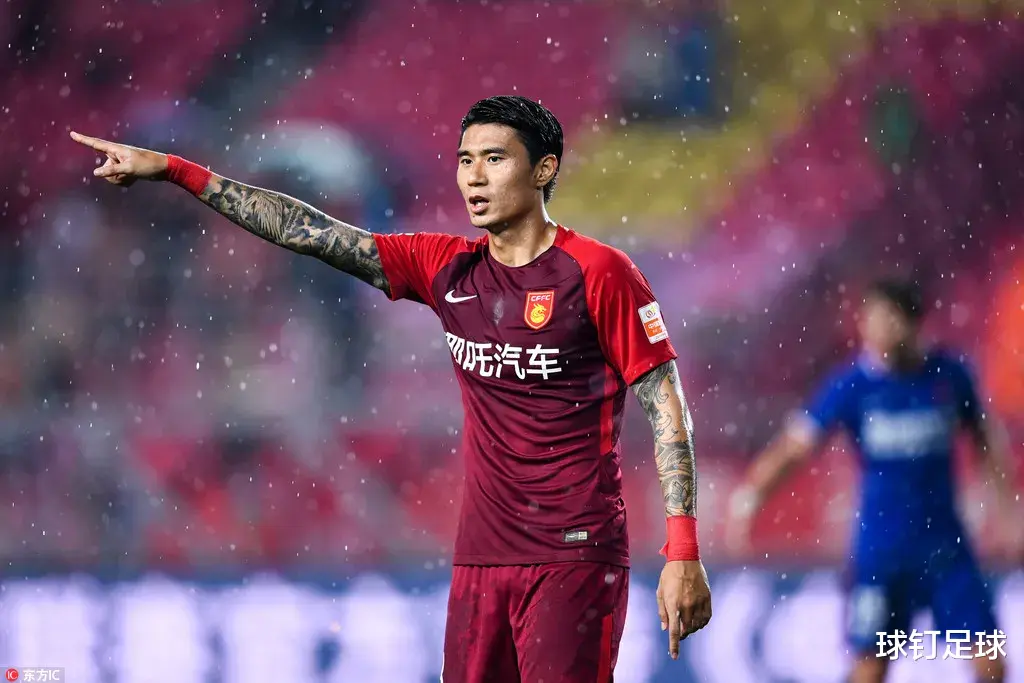
At the age of 23, Zhao Yuhao, who mainly played as a midfielder, was considered to have the potential to become a national-level player, and he indeed played for the Chinese men's national team later. After joining Hebei China Fortune, Zhao Yuhao played 24 games in his first season.
However, due to the presence of players like Mascherano later on, Zhao Yuhao was not the top choice in the same position, resulting in a lack of performance at the club and failing to meet the initial high expectations, which also affected his national team career.
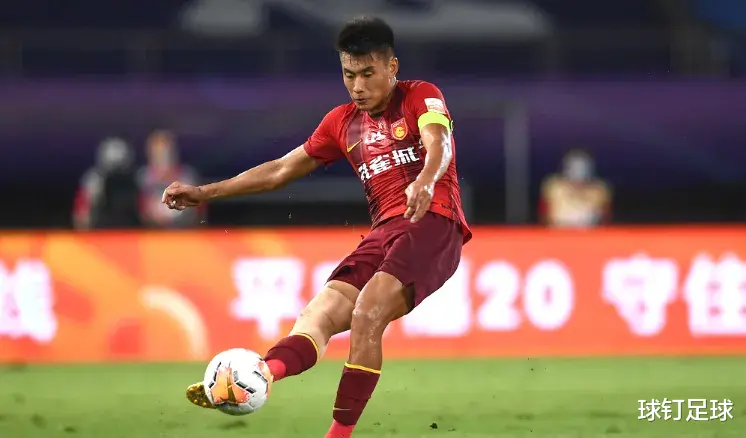
- Zhang Chengdong
In those two years, Hebei China Fortune spent money on transfer fees without hesitation, occupying five spots in the top ten transfer fees of local Chinese players in Chinese football history.
In January 2017, Hebei China Fortune once again refreshed the perception of domestic and foreign football fans, signing Zhang Chengdong from Beijing Guoan for 150 million yuan, setting a new record for the highest transfer fee of a local Chinese player, which is unprecedented and may never be surpassed!
As a versatile player with good overseas experience, national-level player Zhang Chengdong's personal ability was unquestionable at that time. But who could have imagined that a club would offer a transfer fee of 150 million yuan, which is simply outrageous...
During that period, Chinese football ushered in a golden age with serious bubbles. Fans witnessed how wealthy backers, driven by interests outside the football field, entered the sport in an unregulated manner, profoundly impacting the country's football scene. Although it did bring some short-term honors and attracted the attention of the international football community,
in the long run, it had a very negative impact on the development of Chinese football, such as the failure to improve the youth training system, the withdrawal of many clubs from the football arena, and doubts about whether Chinese football is professional. To this day, none of the so-called professional football clubs in China can claim to operate healthily on their own.
The seemingly luxurious golden football era actually reflected the regulatory gaps of the managers at that time. They saw the false prosperity and took the opportunity to make money from various transactions, seriously overdrawing the future of Chinese football, all with an attitude of "After I die, who cares if there's a flood."
With the farewell of Evergrande, it may signal the complete end of the golden age, and Chinese football may enter a more sober period. Hopefully, in the future, Chinese football will actively cultivate local talents, strengthen the construction of football culture, and create a good football atmosphere.